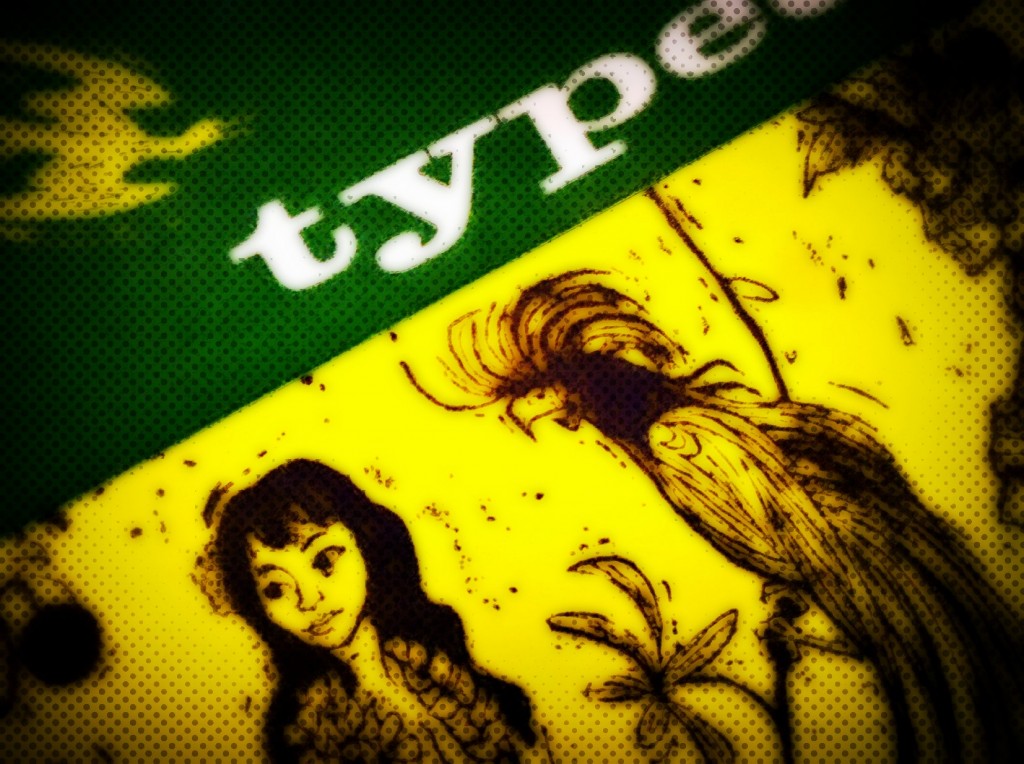I spent most of my life writing songs. Somewhere around the age of fifteen I started writing lyrics or poetry or some form of cadence (that may or may not have had elements of Dr. Seuss) all in the name of getting the girl. Why lyrics? I blame Journey.

I went to see Journey play a show on the Raised on Radio tour at the Capital Centre in Landover, MD in 1986. This would be the middle period of the band’s arc, after the Atari video game and when they had Randy Jackson of American Idol fame playing bass. Now I don’t remember how many of us went but I still have a vivid recollection of looking over at one of the girls and seeing her screaming for Steve Perry and then mouthing the words to Open Arms. Let’s say it made an impression. So I started writing lyrics. Really bad lyrics.
I wrote really bad lyrics for a long time actually. It wasn’t until I got to college and decided that I needed to write everyday that I began to improve. I made a pact with myself to write one entire song everyday. Even if it sucked. And many of them did. There were flashes of something decent now and then but most of the first year of the experiment resulted in pretty unusable lovey gibberish. But I kept at it and slowly I began to get better. A little less cheese and a little more meat. Of course some of this was experience as well. I was growing up and learning more about the world and the way things really worked. But I also started listening to better songwriters. (Not knocking Steve Perry and Jonathan Cain of course, I may have listened to other lesser talents over the years and they are of course who I am knocking.)
So when I decided to write a novel I took the same approach. I just began to write. I gave myself a word count every day. And I only paid attention to a certain kind of writer when I was reading fiction.
The first thing I did was write a few pages of a story that had nothing to do with my original ideas, just words on a page. I wanted to get something down and begin to discover my style.
Then I started writing the novel first novel I had in mind. It’s called “The Dolphin Maker”. I hope someday it will see the light of day but after getting into the heart of the story I realized that I needed to do a lot more research than I had time for. The novel has two story arcs that intertwine and one of the stories is based on the life of a canoe builder during the Polynesian migration across the Pacific. As you can imagine this will take a great deal of research to get right and I have a very specific idea in mind of how this story will go. But while I was working on it I was still doing writing exercises and I came up with the first page of the novel I just finished. The story took off very quickly and I ran with it.
As I said before, another thing I did was only pay attention to certain kind of writer while I was doing my own writing. When I was working on the dialogue for the first novel based in the Pacific, I realized that any dialogue I wrote would be wrong because any dialogue I wrote in English would sound odd. So for that story arc there is no dialogue. But in realizing this I also quit reading any fiction that had been translated. Which meant saying no to any Dostoevsky, Kundera, Murakami, or anyone else who did not originally write in English.
This narrowed down things a bit for me. Then I concentrated on writers who wrote in a way that I had come to love and that spoke to me personally. This is a fairly thin band of writers. I put the following books next to my workspace and read them for inspiration as I went.
Cormac McCarthy – Blood Meridian, Suttree, The Road
Marilynne Robinson – Housekeeping, Gilead
Herman Melville – Moby Dick, Typee
William Faulkner – The Sound and the Fury, As I Lay Dying
Ernest Hemingway – The Old Man and the Sea
John Graves – Goodbye to a River
It was only after putting these books next to my desk and writing for six months that I found out about a book called Pen of Iron by Robert Alter. It nearly made my head explode. He used these authors specifically as well as Saul Bellow to make the case for the influence of the King James Bible in the works of these writers. And can you guess what other work was sitting next to these? Yep. The King James Bible.
I grew up reading it. And many of my favorite writers other than those listed above cut their teeth on it as well. Emerson and Thoreau and Hawthorne. It has shaped much of the cannon of America and I was surprised to see how much of an impact it had made on the writers I was drawn to. Well maybe not surprised really, but I could see clearly that it was one of the principle reasons I was drawn to these stylists. Their prose was familiar. Like eating a home cooked meal.
Which brings me back to Journey. All it took for me to want to write lyrics was to see the impact they had on a girl. And what it took for me to want to write a novel was to know the impact that writers like Melville or McCarthy had on my sense of the world. And each of these writers were led them down the path by someone who came before them. Cormac McCarthy said it pretty well in the interview he did with the New York Times.
“The ugly fact is books are made out of books,” he says. “The novel depends for its life on the novels that have been written.”
And everything that exists, exists in this way. All the way back to what Aristotle called the unmoved mover. Every song, every chant. Every novel or movie or video game builds on what has come before. We are all standing on the shoulders of giants. And if you read my novel you will see clearly on whose shoulders I put my feet. Just the same way you will clearly hear the influence of say, The Beatles in the songs I have written.
But even with all of the forces that have shaped us and formed us into we have become, we are still each one of us, original. You have listened to or read hundreds of things that I have never heard of. And in this new age of ever more art available for consumption that list will only get longer. So if you are a fellow writer or just a fellow human being, don’t worry about trying to be completely original. You already are. Don’t worry about hiding your influences. You don’t have to. We can all see them quite clearly if we choose to look. Just come to us with open arms.

